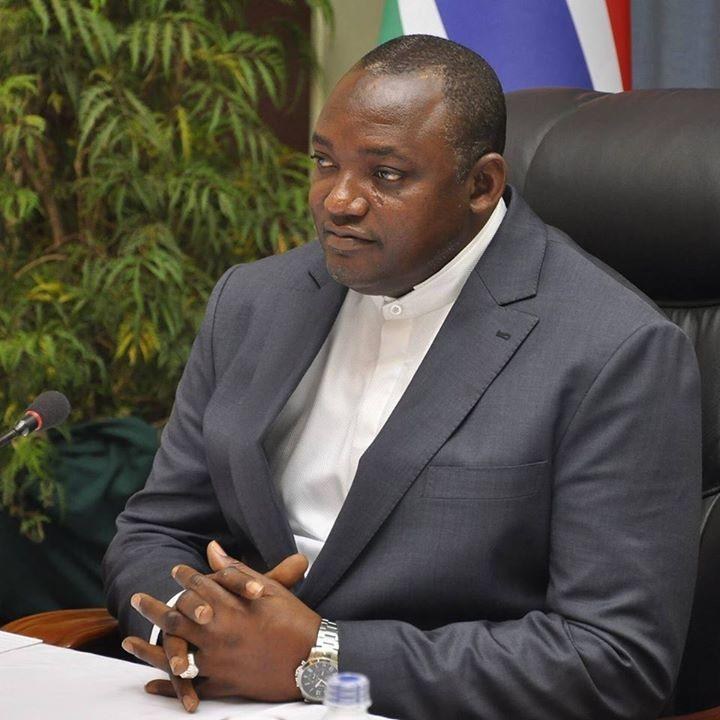By A Special Correspondent
Arfang Madi Sillah, a Washington D.C.-based Gambian scholar and commentator, has written a compelling and thought-provoking guide titled The Curtain Falls on the Press and Presidency Relationship—Barrow Goes Berserk. Known for his incisive political evaluation and deep understanding of Gambian affairs, Sillah examines the fraught relationship between the press and the presidency in The Gambia, significantly underneath President Adama Barrow’s administration.
Sillah’s guide takes readers by a turbulent narrative of escalating tensions, the place press freedom clashes with political authority. His in-depth critique sheds mild on how media suppression and authorities overreach have formed public discourse in post-Jammeh Gambia. It is each a rigorous historic examine and a up to date political commentary, making the work a vital learn for anybody curious about understanding the evolving political panorama of The Gambia.
Renowned for his scholarly experience, Sillah brings an interesting mix of thorough analysis and fascinating storytelling to the topic. His work has earned consideration in each educational and media circles, and his contributions to public debate on governance and democracy make him a notable voice in Gambian politics.

In an interview with this paper, Sillah expanded on his motivations for writing the guide: “The relationship between the press and the presidency is always delicate, but in The Gambia, it has become particularly fraught under President Barrow. What we are witnessing is a systematic undermining of press freedoms that were hard-won after Jammeh’s departure. I wrote this book to document the dangers of allowing power to go unchecked and to remind readers of the vital role the press plays in holding the government accountable. It’s not just about politics—it’s about safeguarding the pillars of democracy.”
Sillah additional identified that the difficulty goes past authorities interference:
“It’s not only about government overreach, but also about the press’s willingness to be complicit. When the media accepts political favors or engages in self-censorship, it becomes part of the very system it should be challenging. My book is as much a critique of the press’s role in this power dynamic as it is of the government’s efforts to control the narrative.”
Sillah’s guide, out there quickly in hardcover and paperback at native shops like Timbuktu Books in The Gambia, guarantees to be an eye-opener. With its gripping narrative, it’s a must-read for anybody curious about Gambian politics or the continued battle for press freedom.




